TAIWAN, January 6-10, 2020 – To unlock the full potential of Philippine agriculture, the Department of Agriculture (DA) sent three of its staff from the Special Area for Agricultural Development (SAAD) and Bureau of Plant Industry (BPI) to Taiwan to explore precision agriculture technology.
The delegation from the Philippines was spearheaded by Dr. Myer G. Mula, SAAD Director and BPI Adviser for Research and Seed Systems; Dr. Jesus R. Aspuria, BPI Baguio Center Chief; and Engr. Romansito DG. Guerrero, Assistant Division Chief of BPI Agricultural Engineering Division.
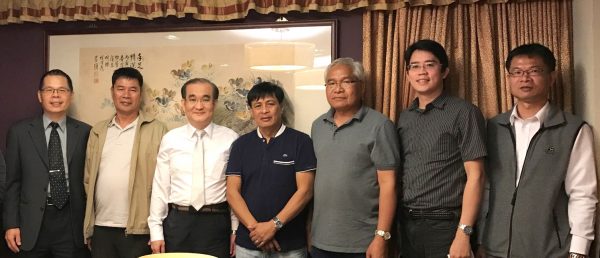
The working visit aims to create a possible partnership between Taiwan and the Philippines in terms of technology linkages.
Taiwan is known for the utilization of technology to boost its agricultural economy. One of which is precision agriculture, a farming management concept that uses information technology to ensure that the crops and soil receive exactly what they need for optimum health and productivity.
The Philippines can adopt the said farming approach to level up and sustain a food–secure country, which is in line with the ‘New Thinking’ strategy of DA Secretary William D. Dar.
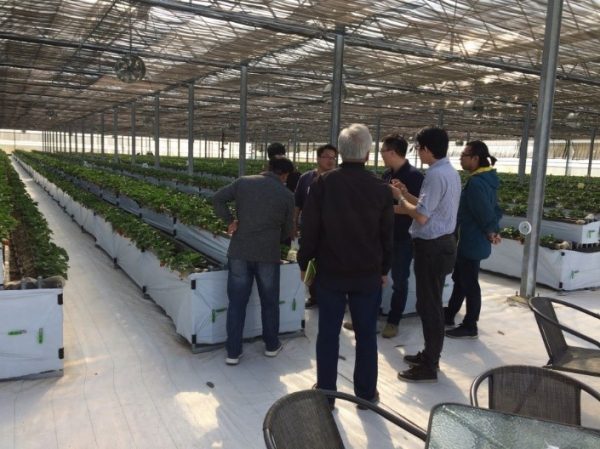
A total of four (4) smart farms were visited during the five-day official visit. (1) Smart Farm for Young Farmers. The farm has a controlled-environment to adjust the moisture, temperature, relative humidity, light, and carbon dioxide of its 3,000 sqm strawberry greenhouse. Young farmer-professionals designed the necessary accessories to manage the farm, including applications that can be operated on cellular phones. The complete greenhouse set-up cost approximately US $50,000, wherein the return on investment (ROI) will be realized in four (4) years.
Some of its best farming practices are the usage of a) a different light spectrum depending on the type of crops being grown vis-a-vis the stage of crop; b) a controlled air flow; and c) a special hydroponics system, with a kind of bubbling or aeration, to eliminate bacterial infection in the water.
The farm is a Hazard Analysis Critical Control Point (HACCP) and has other certifications to meet national market requirements.
Overall, the farm technology and the value-adding activities of Taiwan will be of great help to achieve DA’s goals of strengthening the modernization and industrialization of Philippine agriculture. These will also become tools in turning Filipino farmers to become effective agricultural entrepreneurs.
With the knowledge and experiences acquired during the state visit, the SAAD Program and the BPI plan to incorporate Taiwan’s farming practices and technology to their farmer-beneficiaries through their existing provision of technical training activities, agricultural production and livelihood interventions, as well as marketing and enterprise development assistance.
The entire visit was in coordination with the Taipei Economic and Cultural Office (TECO) through the Manila Economic and Cultural Office (MECO). ###
Writers: Engr. Romansito Guerrero, Dr. Jesus Aspuria, and Jayziel Anareta of BPI
Editor: Jhomai Canlas, SAAD Public Relations and Communications Head

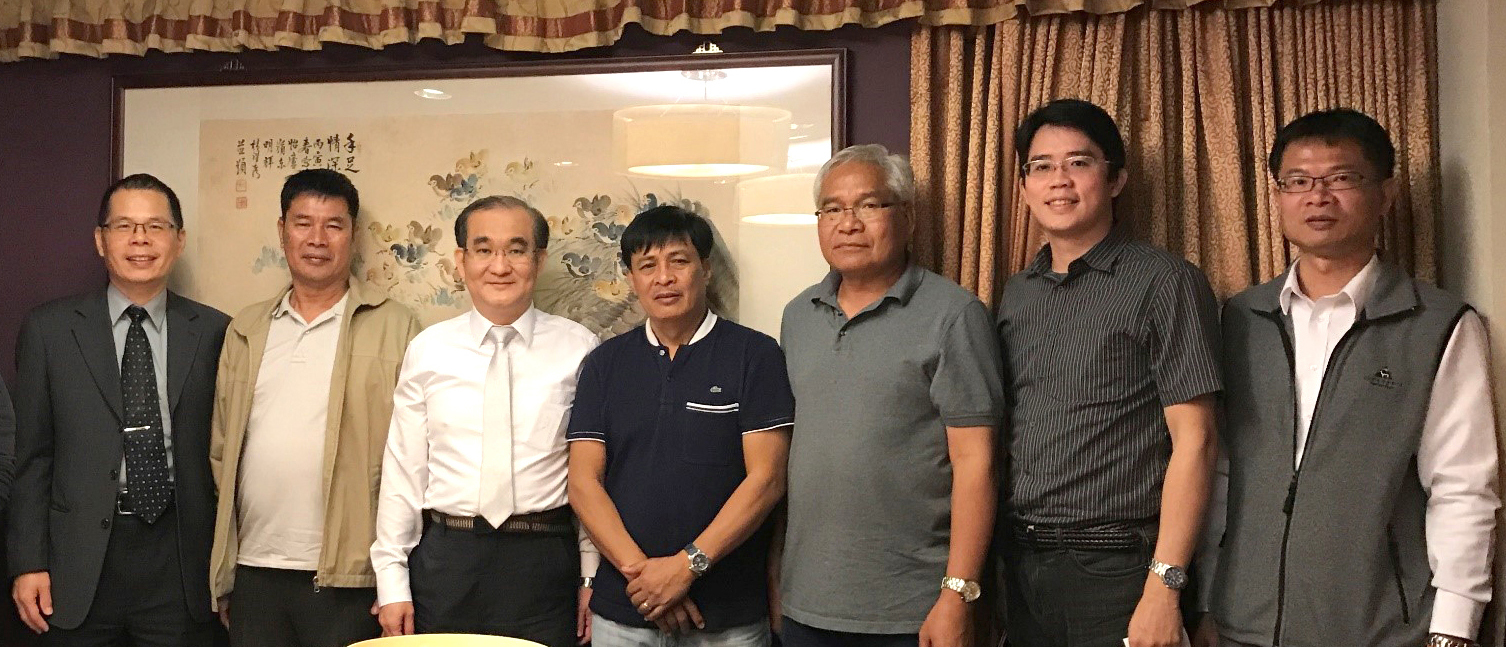
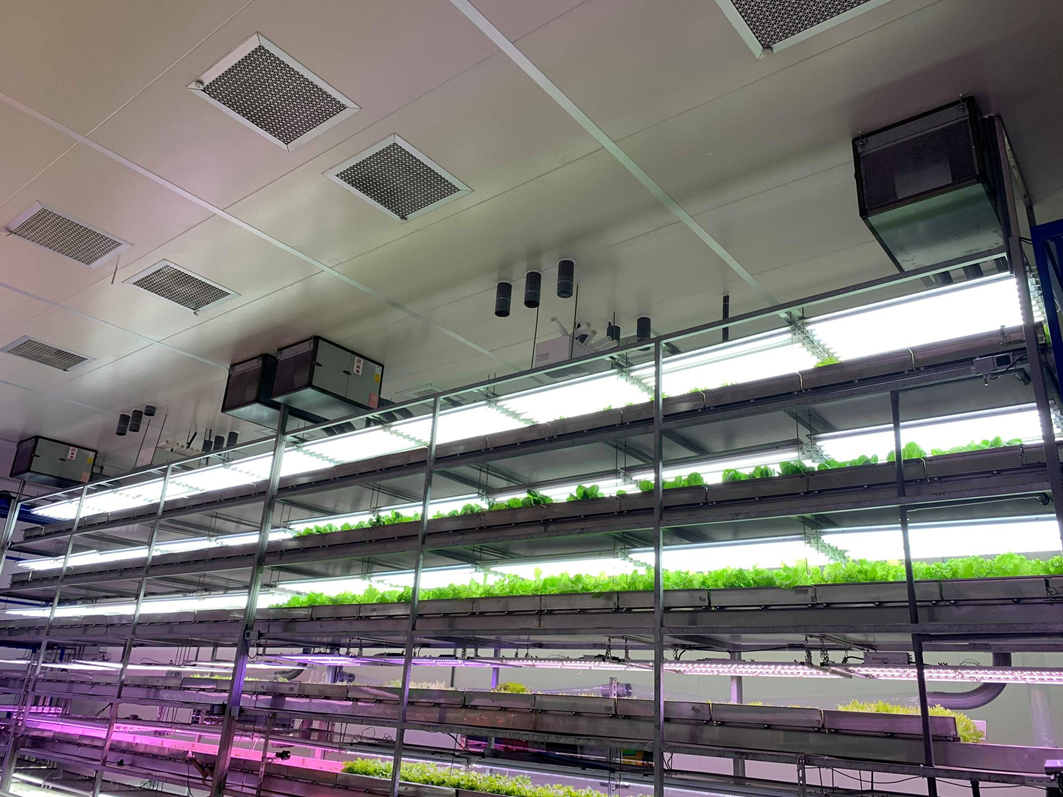
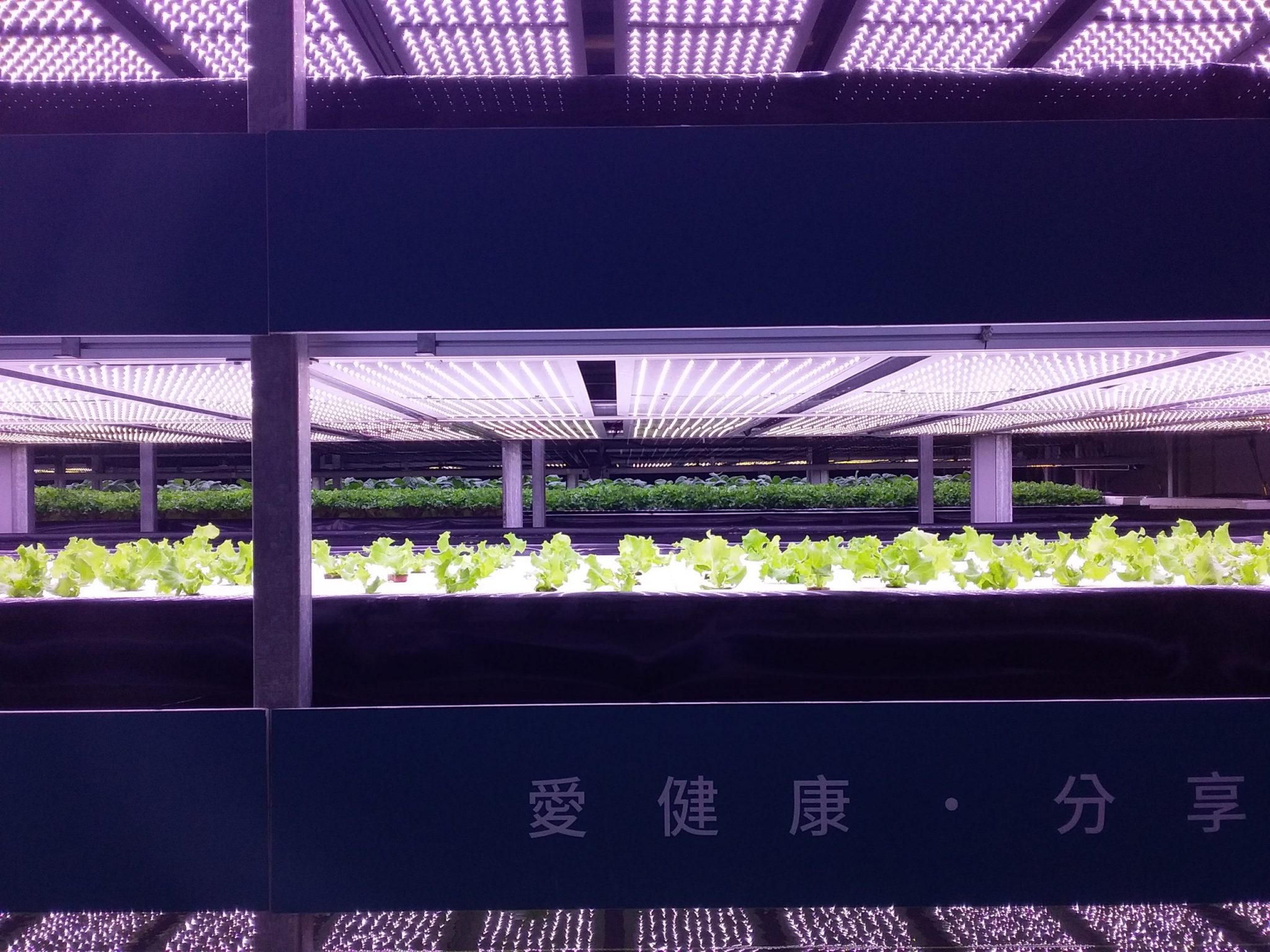
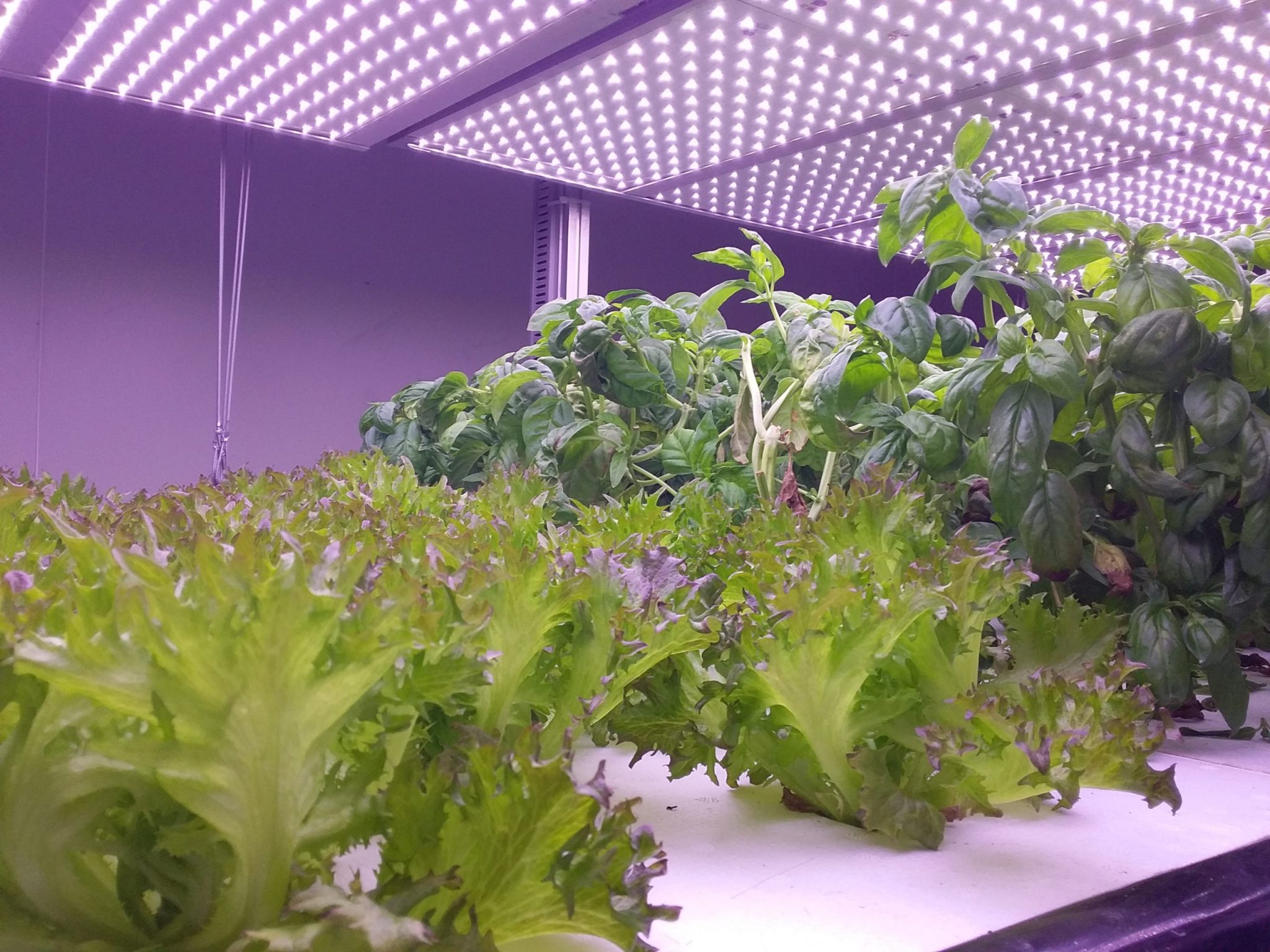
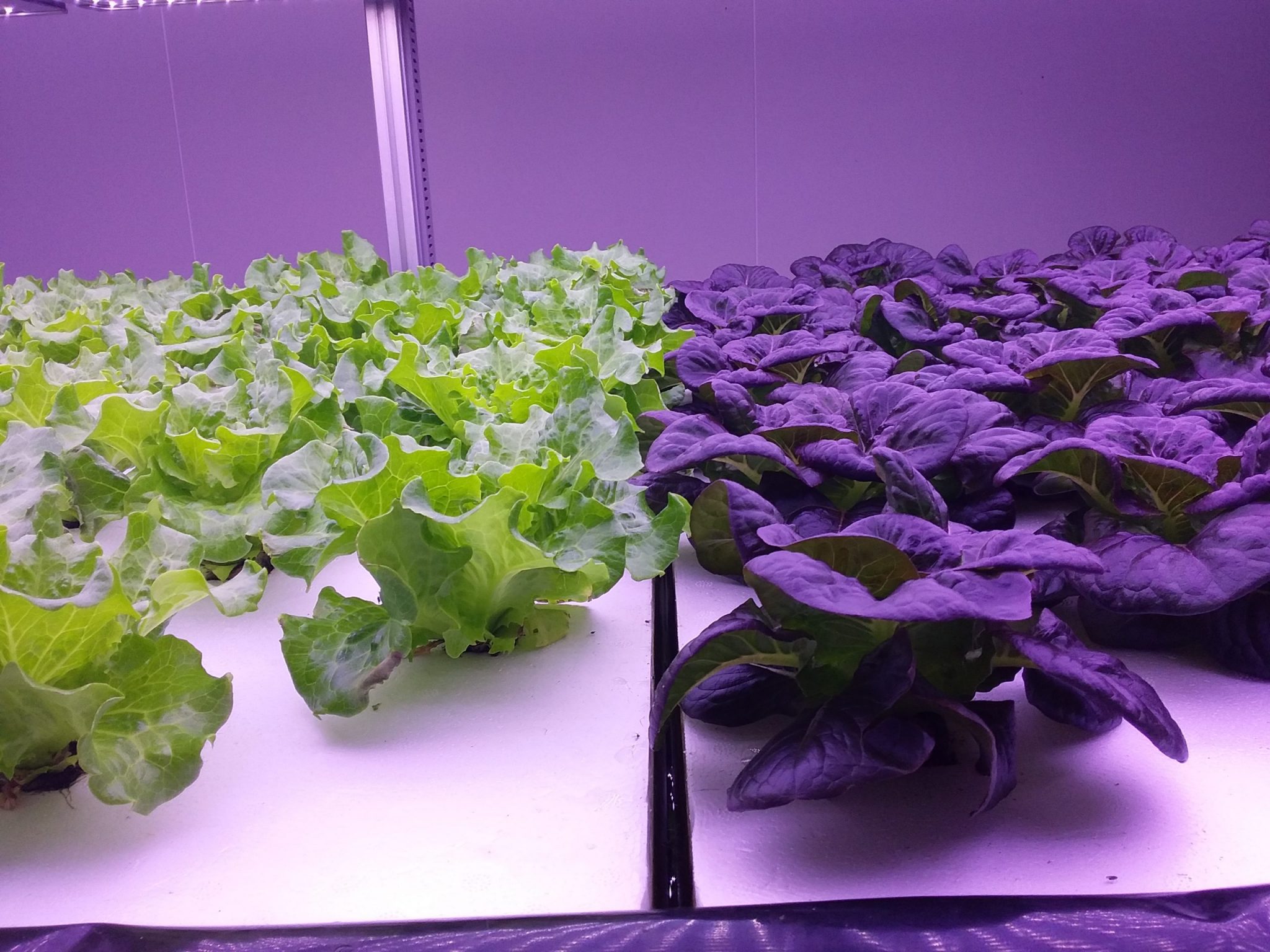
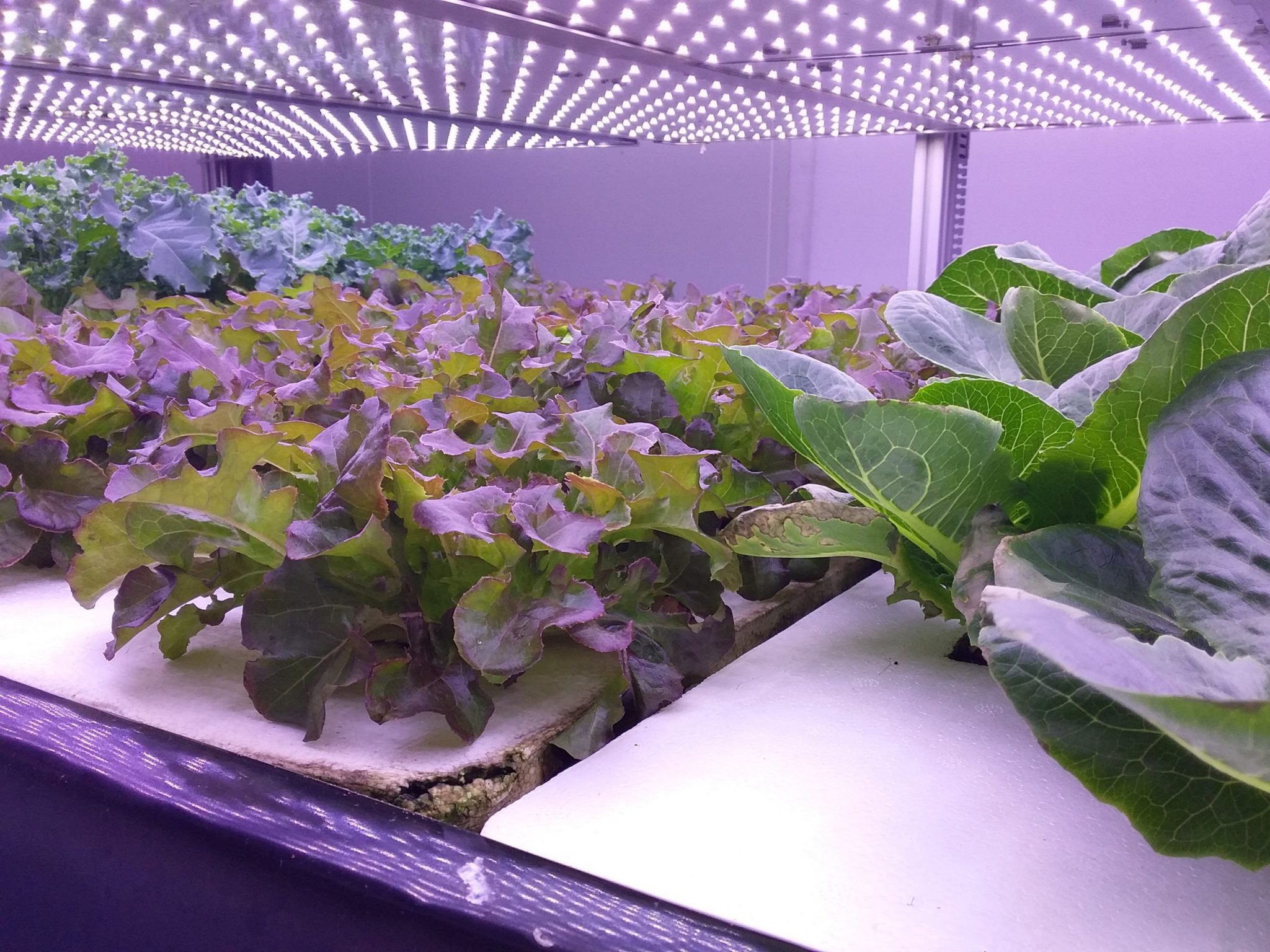
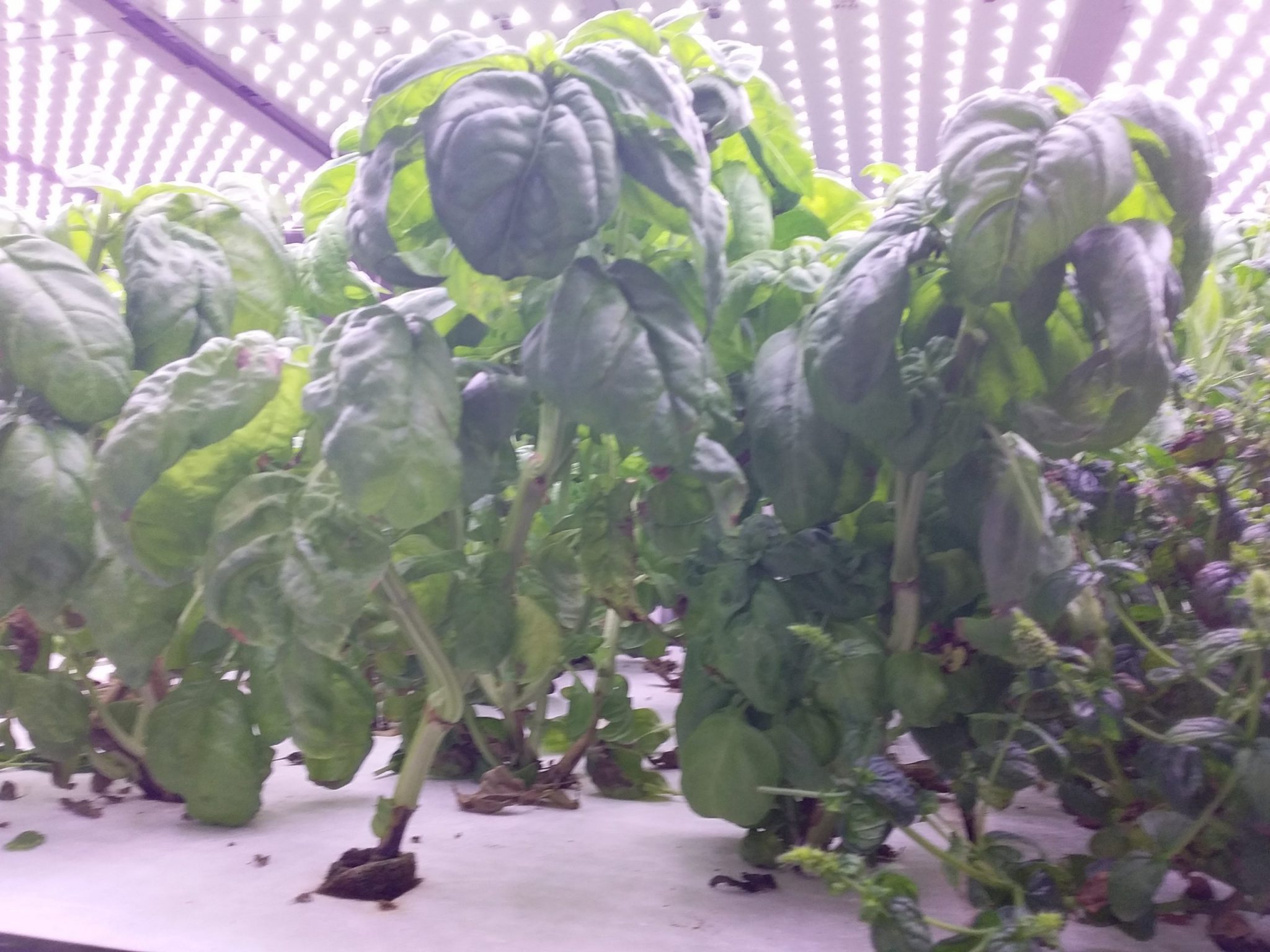
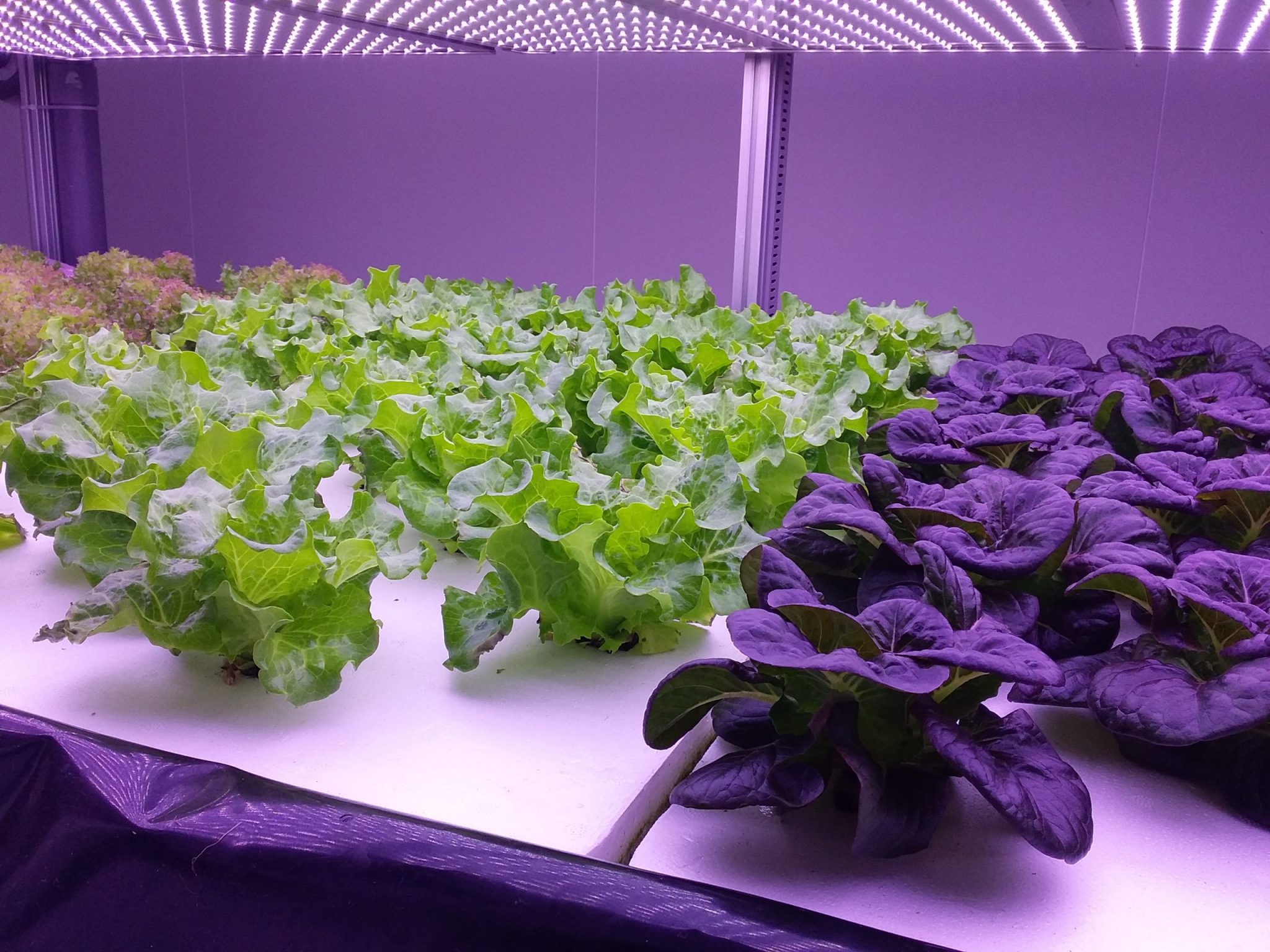
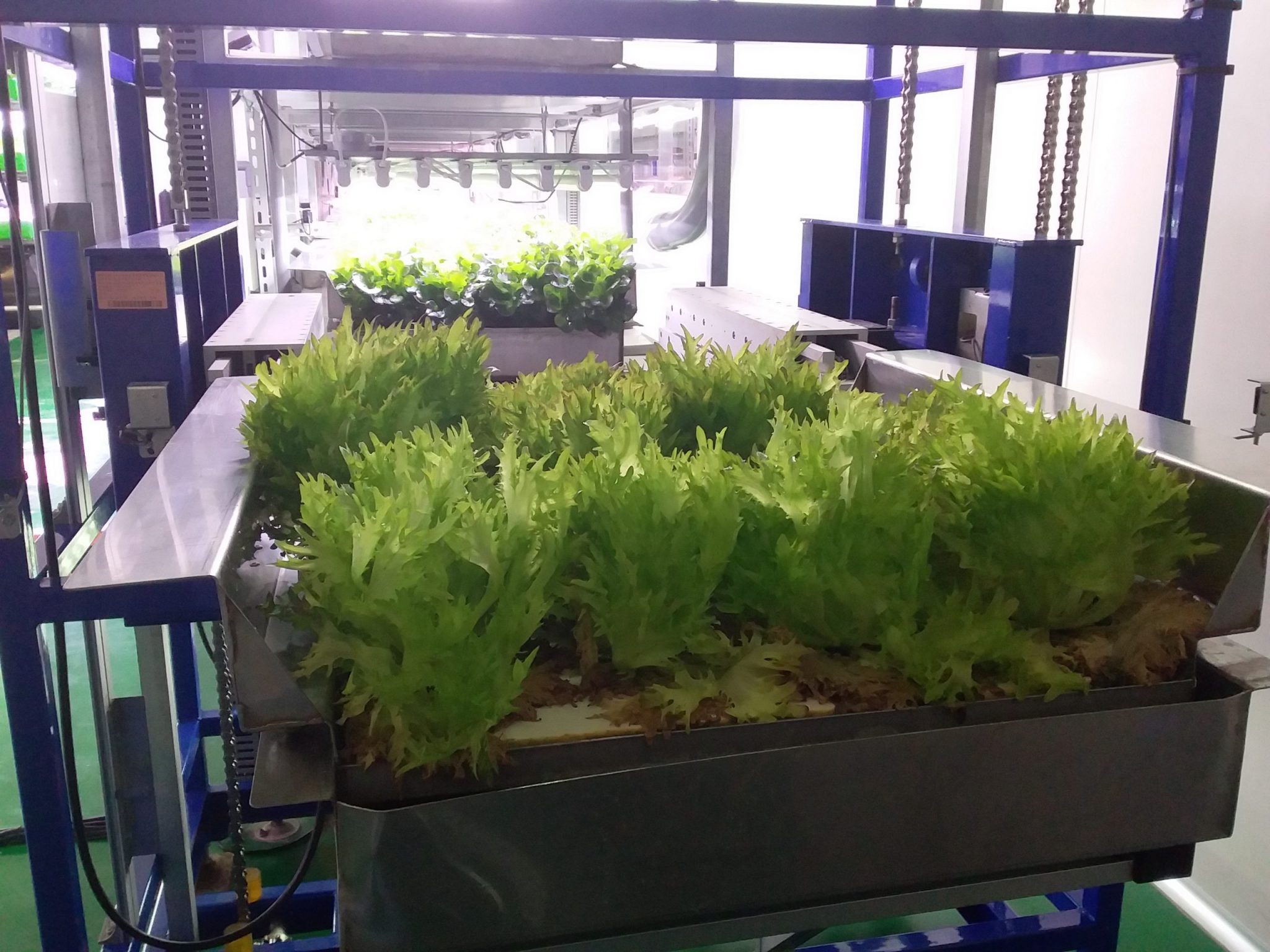
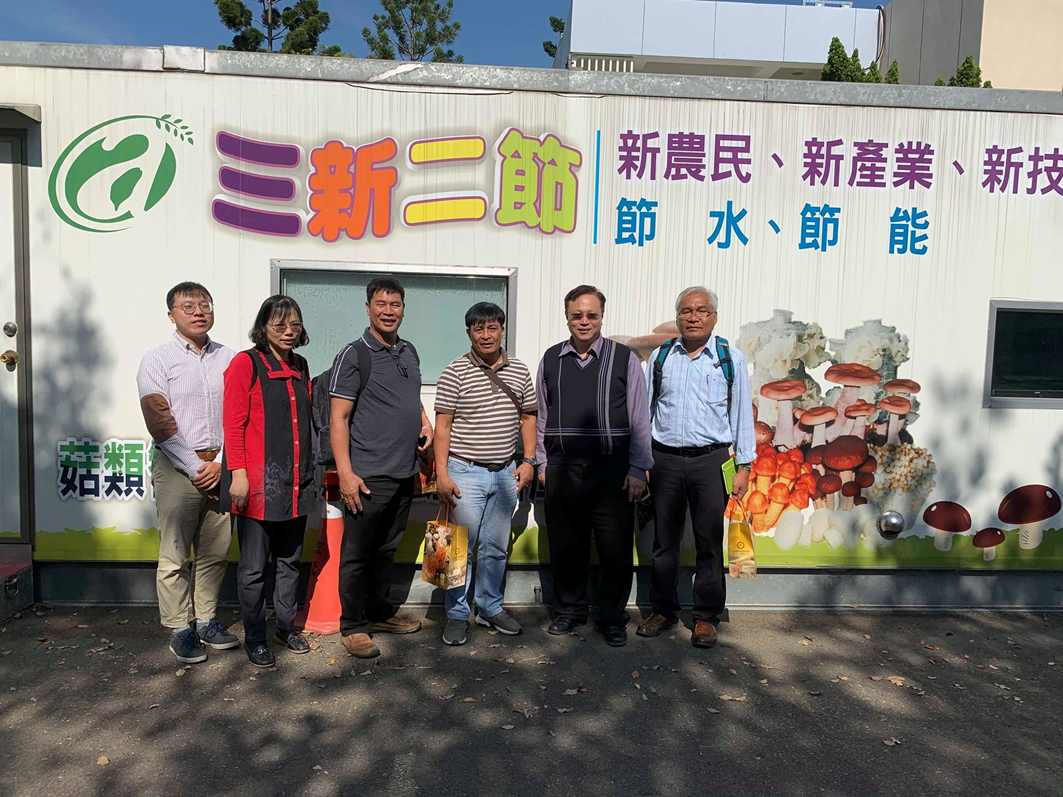
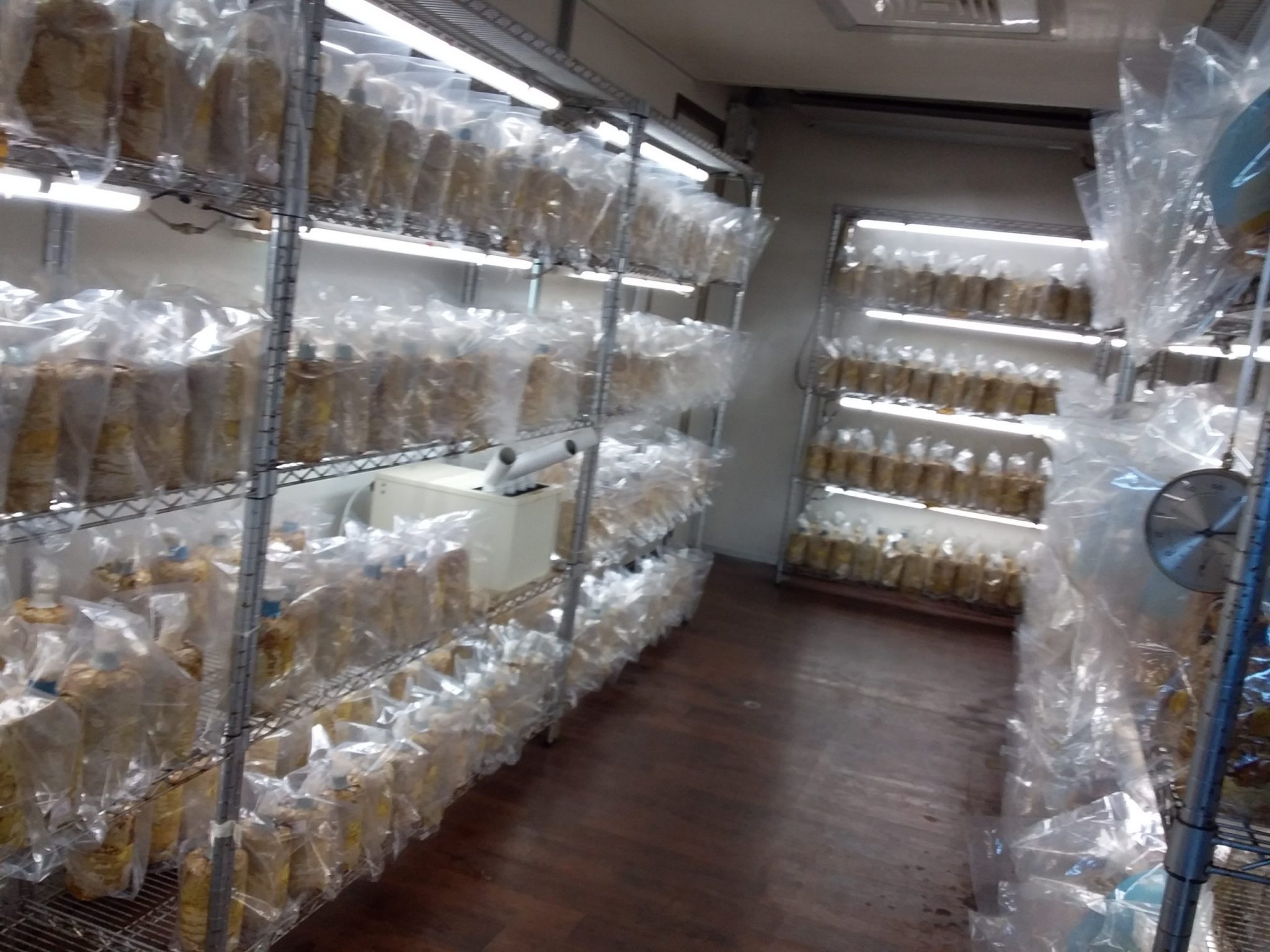
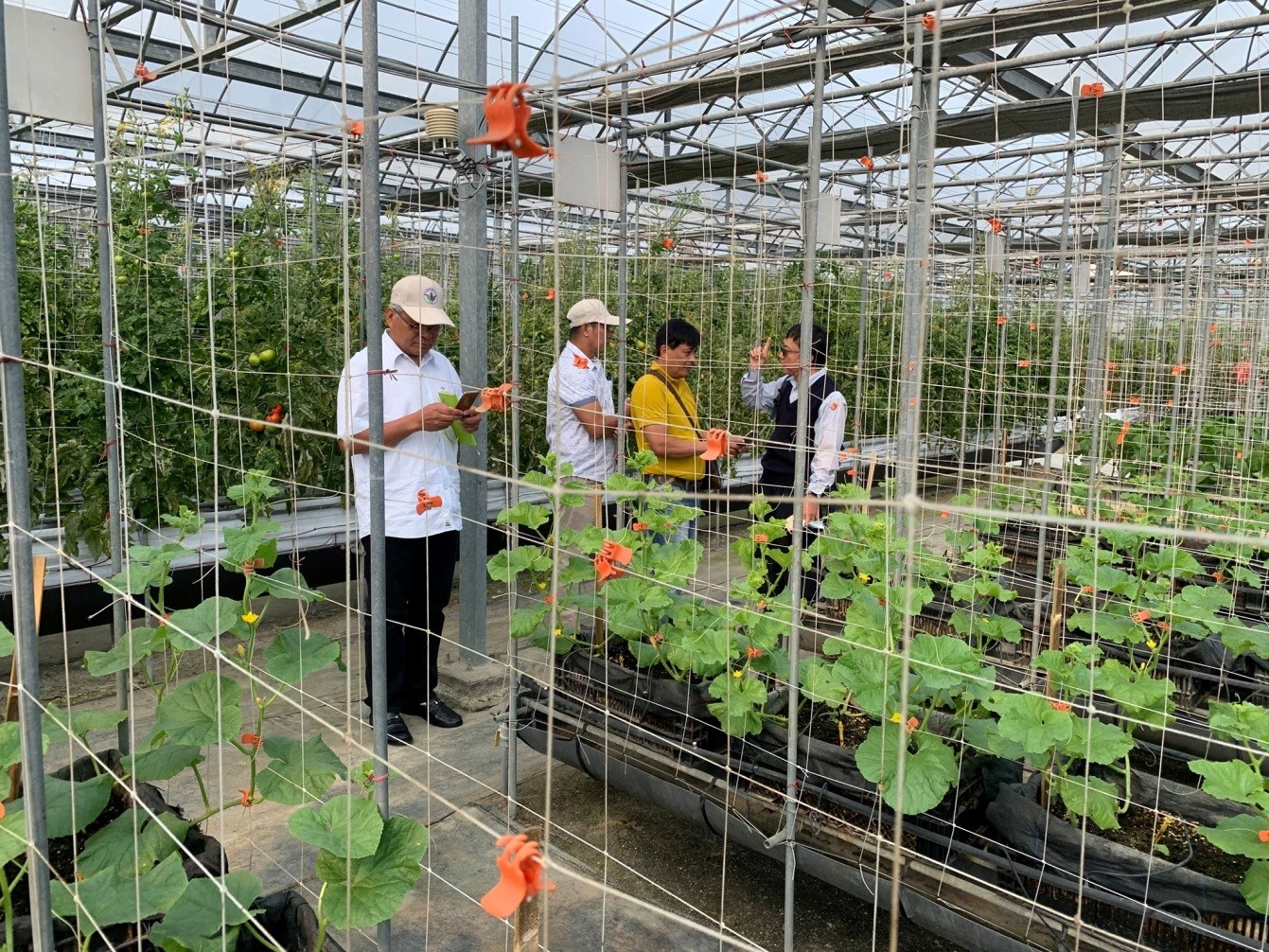
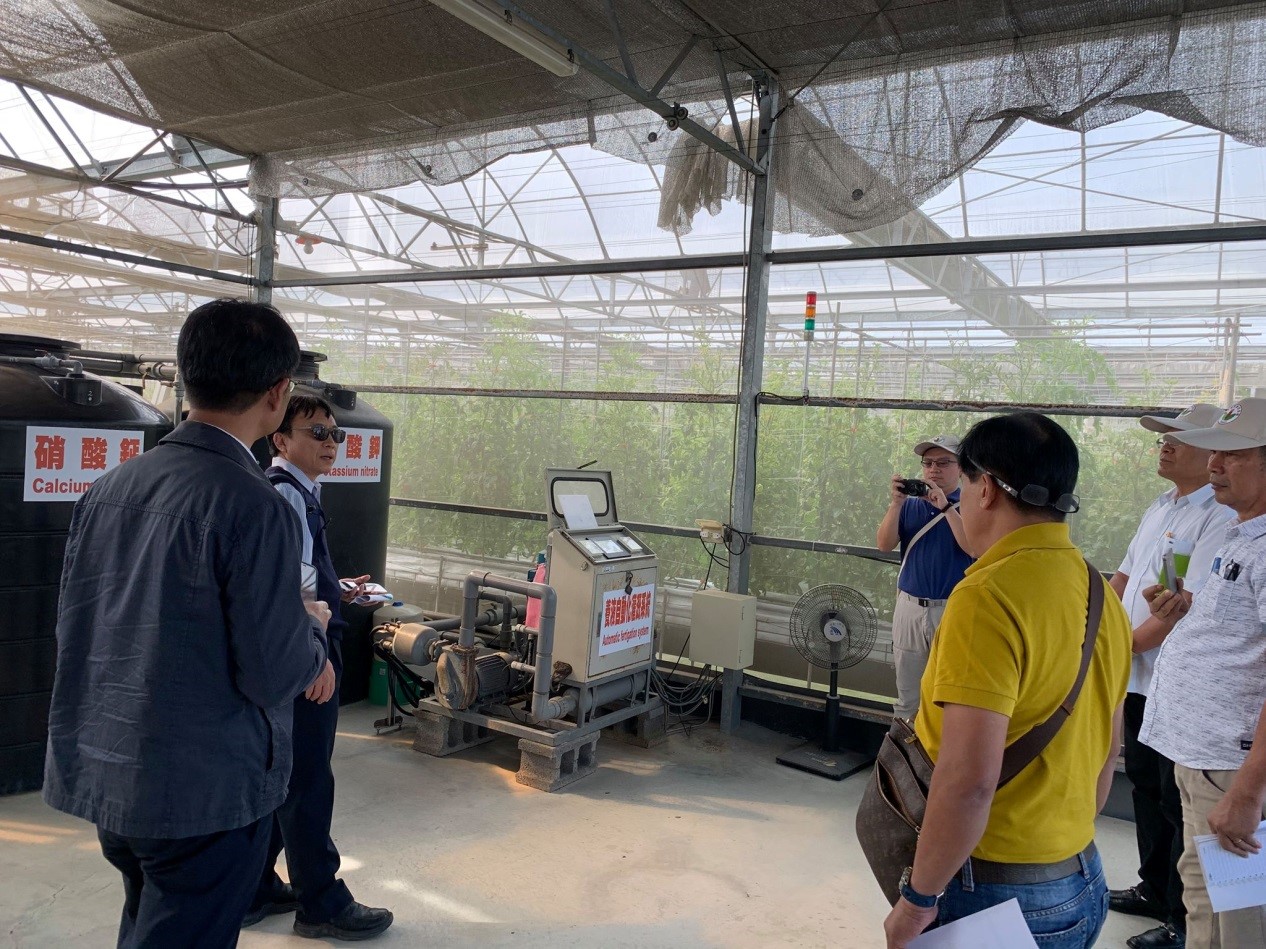
Comments (0)